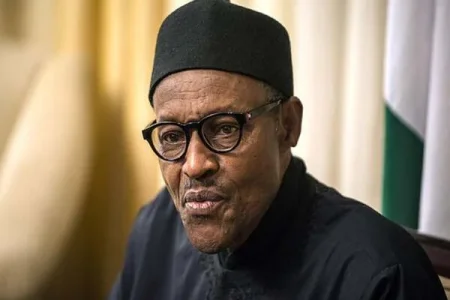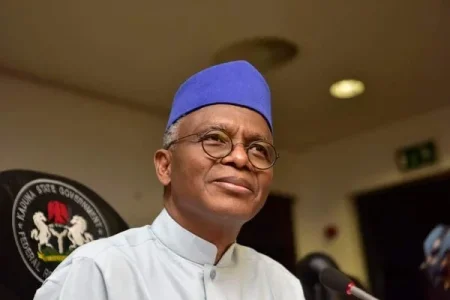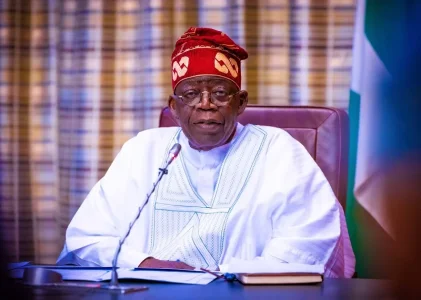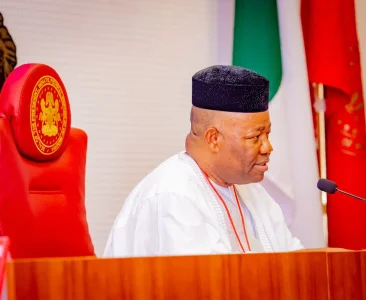
Atiku Abubakar, Nasir El-Rufai, and Aminu Tambuwal met with former President Buhari in Kaduna amid efforts to unite Nigeria's opposition. The visit coincides with talks of a coalition between Atiku, Peter Obi, and others ahead of the 2027 election, signaling shifting political dynamics and alliances against President Tinubu.
In a move that has sparked fresh speculation about Nigeria’s shifting political landscape, former Vice President Atiku Abubakar, former Kaduna State Governor Nasir El-Rufai, and former Sokoto State Governor Aminu Tambuwal paid a visit to former President Muhammadu Buhari at his Kaduna residence on Friday.
While the purpose of the meeting was not officially disclosed, political insiders suggest it is part of ongoing consultations aimed at strengthening opposition alliances ahead of the 2027 general elections. The visit was made public through a post on social media by Imran Wakili, a known associate of El-Rufai.
The gathering comes on the heels of a growing coalition involving Atiku, El-Rufai, and Labour Party’s Peter Obi, with the stated goal of forming a united front against the ruling All Progressives Congress (APC) and President Bola Ahmed Tinubu. The coalition was formally introduced during a press briefing by a group identified as Concerned Leaders and Political Stakeholders in Nigeria.
Amid these developments, former presidential candidate of the Social Democratic Party (SDP), Prince Adewale Adebayo, revealed that discussions are underway for both Atiku and Obi to join the SDP platform. According to Adebayo, such a political realignment could present a formidable challenge to Tinubu’s second-term ambitions.
Adding fuel to the fire, Buba Galadima, a chieftain of the New Nigeria Peoples Party (NNPP), claimed that El-Rufai could serve as a strategic placeholder for Atiku within the SDP in case the People’s Democratic Party (PDP) denies him its presidential ticket.
The visit to Buhari, a towering figure in Northern politics, is being interpreted by analysts as a strategic attempt to gain his blessing—or at least neutrality—as opposition forces prepare to coalesce around a single presidential contender.
While Buhari has largely maintained a low political profile since leaving office, his influence remains significant, particularly in the North. As 2027 draws nearer, his role, whether passive or active, could prove pivotal in shaping the political terrain.




